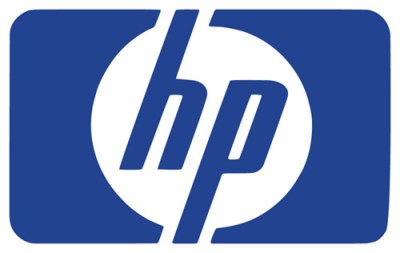 Hewlett-Packard Co.’s profit jumped 14 percent in the latest quarter, helped by cost-cutting and better results from its technology services division.
Hewlett-Packard Co.’s profit jumped 14 percent in the latest quarter, helped by cost-cutting and better results from its technology services division.
Those factors helped offset the fact that four of HP’s major divisions — personal computers, servers, software and printers — each reported big revenue declines from last year. HP’s overall revenue fell 8 percent.
HP’s results are a yardstick for measuring the health of overall technology spending. And the latest numbers reinforce trends that other companies have reported: Consumers and China are showing stronger demand, while businesses remain hesitant.
Other tech heavyweights such as IBM Corp., Intel Corp. and Microsoft Corp. have reported better conditions in some of their businesses.
In the latest quarter, HP’s net income rose to $2.4 billion, or 99 cents per share, while revenue fell to $30.7 billion.
HP got higher profits from Electronic Data Systems Corp., a technology services company HP bought for $13.9 billion last year to better compete against IBM Corp.
HP is also the world’s top seller of personal computers and reflected the recovery brewing in that market.
Unit shipments in HP’s PC division rose 8 percent, although revenue declined 12 percent. The discrepancy is explained by the fact that the hottest area in the PC market is also one of the least profitable. Consumers are snapping up stripped-down little laptops called “netbooks” that sell for just a few hundred dollars. That has eaten into PC makers’ profit margins. Dell Inc., the No. 3 PC maker, disappointed investors last week by reporting a 54 percent drop in net income in its latest quarter.
Still, HP’s results support Gartner Inc.’s report Monday that the third quarter was “much stronger” than expected for PC sales. Gartner is now predicting that PC shipments will rise 2.8 percent this year. The firm was predicting a 2 percent decline before.
HP shares dipped 19 cents, less than 0.4 percent, to $50.83 in extended trading. Before the earnings report they closed at $51.02, up 2 percent.


